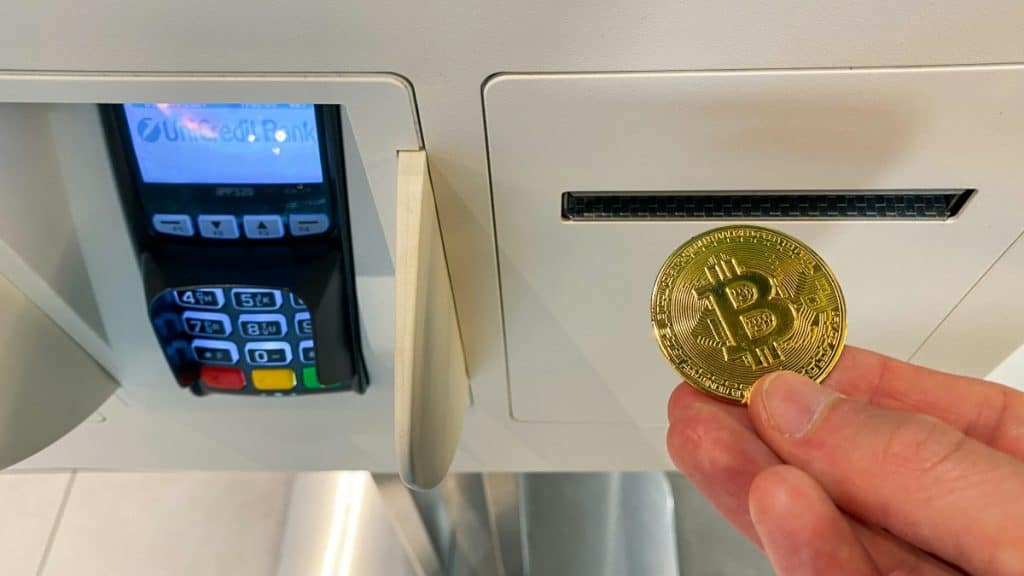Cryptocurrency continues to gain in popularity. It is accepted by thousands of companies, especially online. In some countries, it is even possible to pay bills using cryptocurrency, although this is rare. But, as it has become more widely used, and has gained more press and media coverage, it is also becoming more popular with individuals who want to invest in the currencies, or even use them to access basic banking features.
Cryptocurrency Usage
There are thousands of cryptocurrencies available today, ranging from the most popular and most widely accepted, Bitcoin, to hot meme coins with growth potential. According to crypto and fintech writer Sal Miah, there are now more than 3,000 meme coins with more being released every month. Meme coins have explosive potential and they can make a great investment opportunity.
Crypto Salary Payments
Regardless of the actual cryptocurrency offered, it may be possible to pay employees using crypto. Ultimately, though, it depends on the rules and regulations in your country.
US Regulations
Current regulations dictate that base wages in US companies, for example, must be paid in US Dollars. Bonuses and additional payments can be paid in crypto, and freelancers and self-employed contractors can also be paid in cryptocurrency.
UK Regulations
In the UK, it is possible to pay employees in cryptocurrency, but the employee must give explicit written consent, and it can cause some complications with taxes. Salary must meet minimum wage requirements, which are set out in Pounds Sterling, and tax is calculated at the time of payment.
Capital Gains Complications
Furthermore, it can leave employees with difficult tax calculations because, as well as income tax, they may have to pay capital gains tax on any additional profit made by holding the cryptocurrency or before they have a chance to exchange it.
Inconvenient Crypto
There are certain challenges to paying and being paid, in cryptocurrency. First, while the number of companies that accept cryptocurrency has increased, it is still very difficult, if not impossible, to meet mortgage payments and utility bill payments using Bitcoin or any other cryptocurrency. This means crypto payments can be highly impractical for employees.
Greater Complexity
This means that employees will have to convert their cryptocurrency payments to fiat before they can use them, and this adds degrees of complication to the process. The recipient will need a crypto wallet to accept payment and a crypto exchange account to sell cryptocurrency.
Price Volatility
Volatility is another potential problem for employees. Crypto values can increase or decrease wildly over a day with swings of 10% or more being quite common. If an employee gets paid first thing in the morning, they may have lost some of the value of their salary by the time they have the opportunity to convert it to currency.
Stablecoins Reduce Volatility
Some of this volatility risk can be overcome with the use of stablecoins like Tether. Stablecoins are pegged to the value of the US Dollar, Great British Pound, or other currencies and they will always be worth their fiat equivalent.
Intuitive Software
Furthermore, wallets and exchanges are getting more intuitive, and global ownership of cryptocurrency is estimated to be around 7%, with some countries having much higher uptake rates. As the technology continues to improve, it means more people will have the software and the experience to be able to quickly and easily deal with crypto salary payments.
Access To All
One big benefit of cryptocurrency is that it is effectively available to everybody. Including unbanked and underbanked citizens. More than 1.5 billion people, globally, do not have access to even basic banking functions. These people cannot receive salary payments into their bank accounts, because they don’t have them. Cash and cheques were, historically, the only options for these people. Cryptocurrency offers an alternative that is more secure and potentially less costly than cashing cheques.
Regulations Are Coming
And, while it currently isn’t legal to pay employees using cryptocurrency in some countries, regulations are changing. Governments are investigating the benefits and potential use cases of cryptos like Bitcoin, but especially stablecoins. This means that the rules are likely to change in the future so salary crypto payments will become an option.
The US is likely to lead the way in crypto regulation changes, especially after Donald Trump takes office on January 20. He encouraged the cryptocurrency industry to get behind him during the most recent election and promised to make the US the crypto capital of the planet. His appointment has also led to crypto-sceptic Gary Gensler vacating his position as the chairman of the SEC, so changes may be just around the corner.
Conclusion
Cryptocurrency is becoming more popular, and governments are looking at the best ways to introduce regulatory frameworks to cover their use. This could see crypto become a more viable option for salary payments, although there does still remain some pushback from employees – especially those who are used to being paid in fiat currency and who have little experience with crypto.
